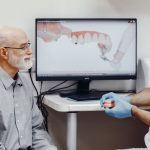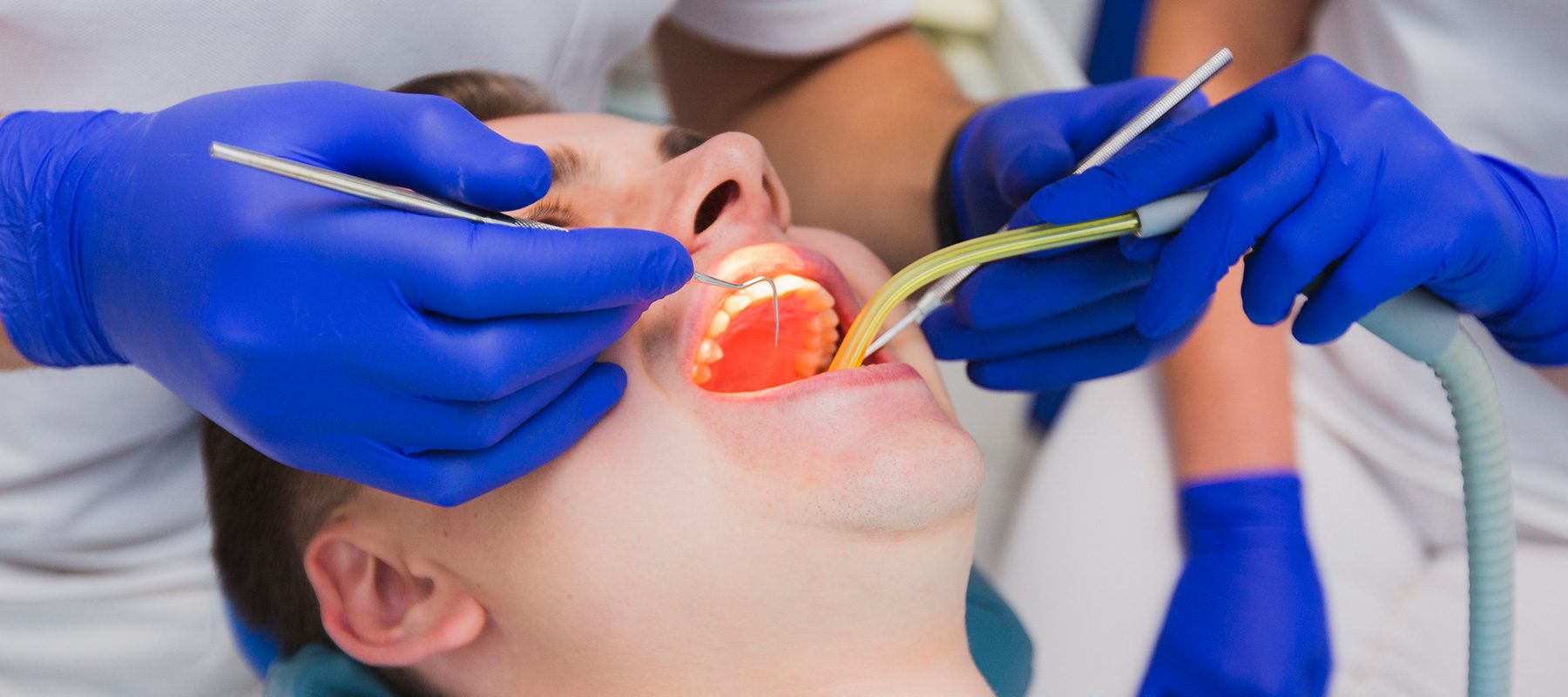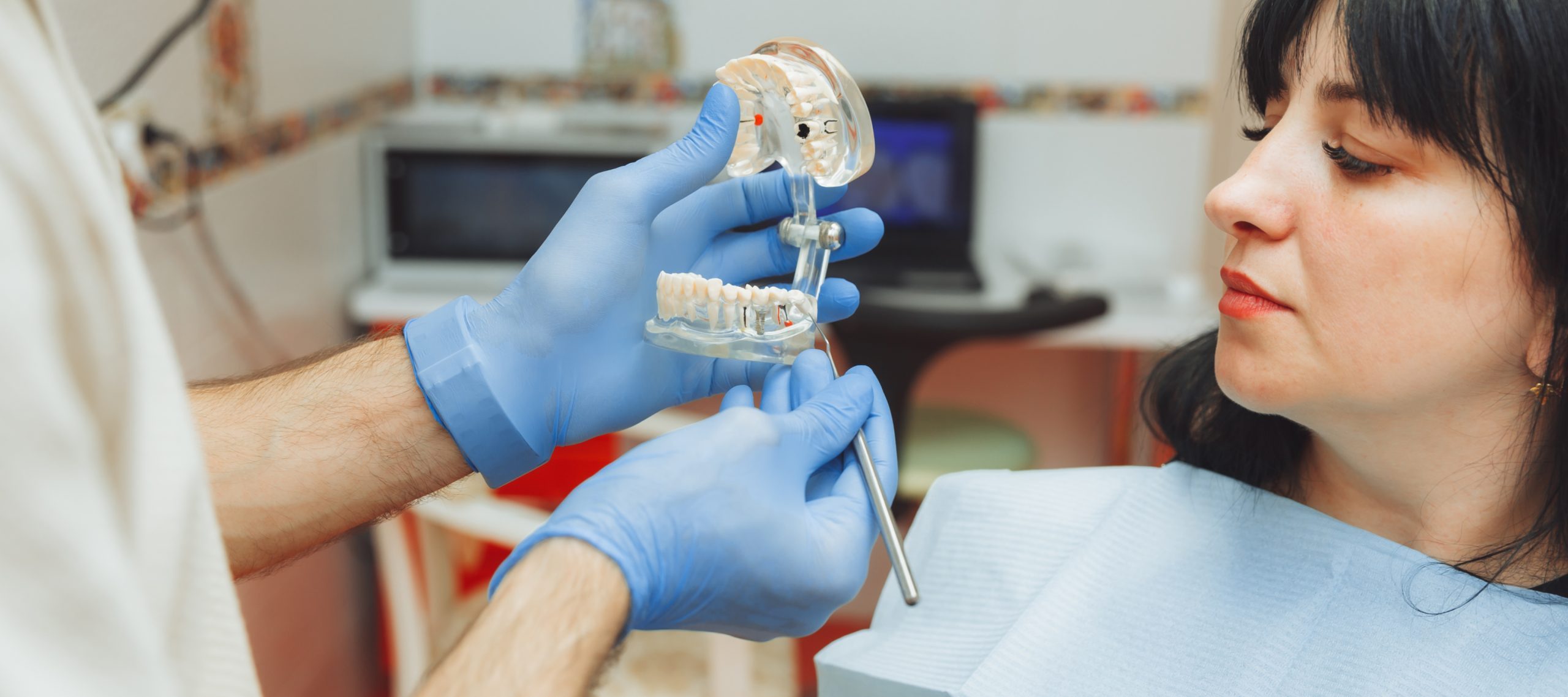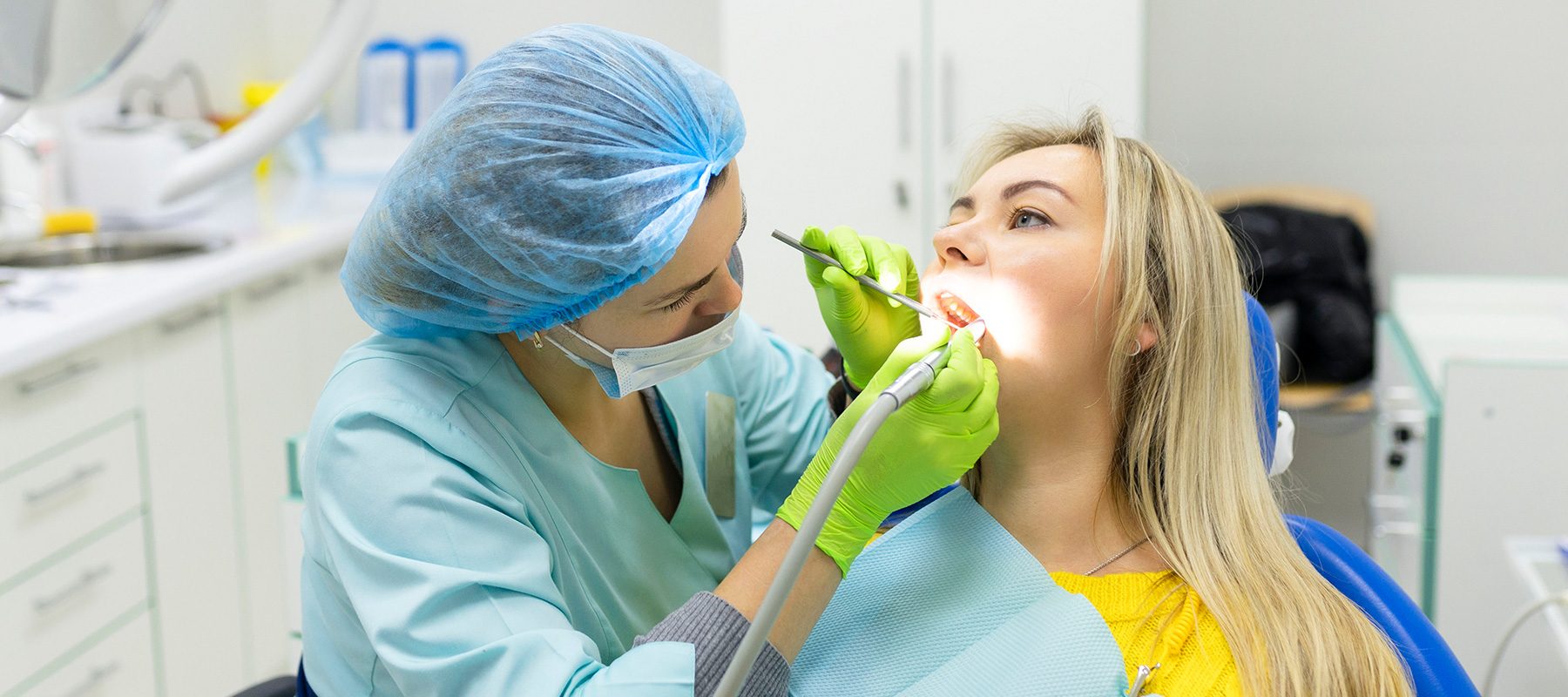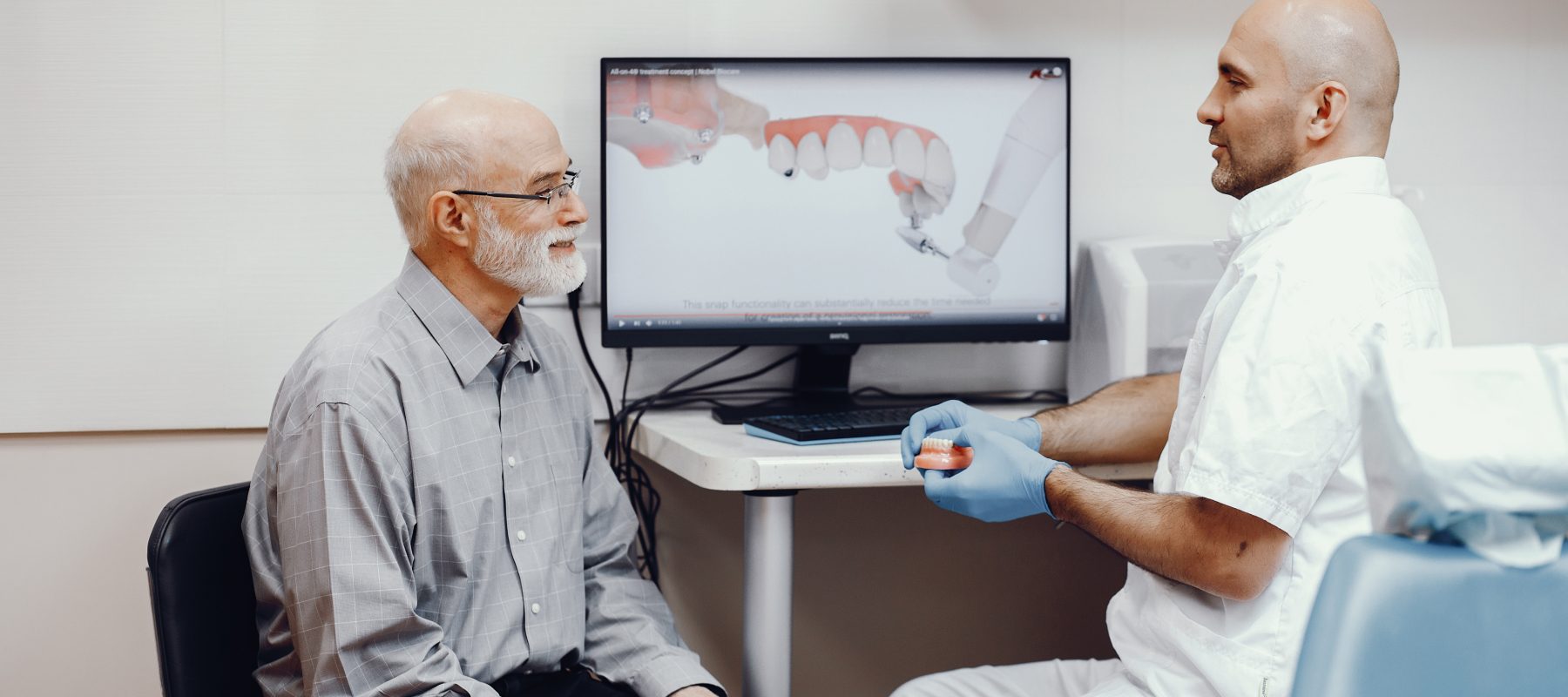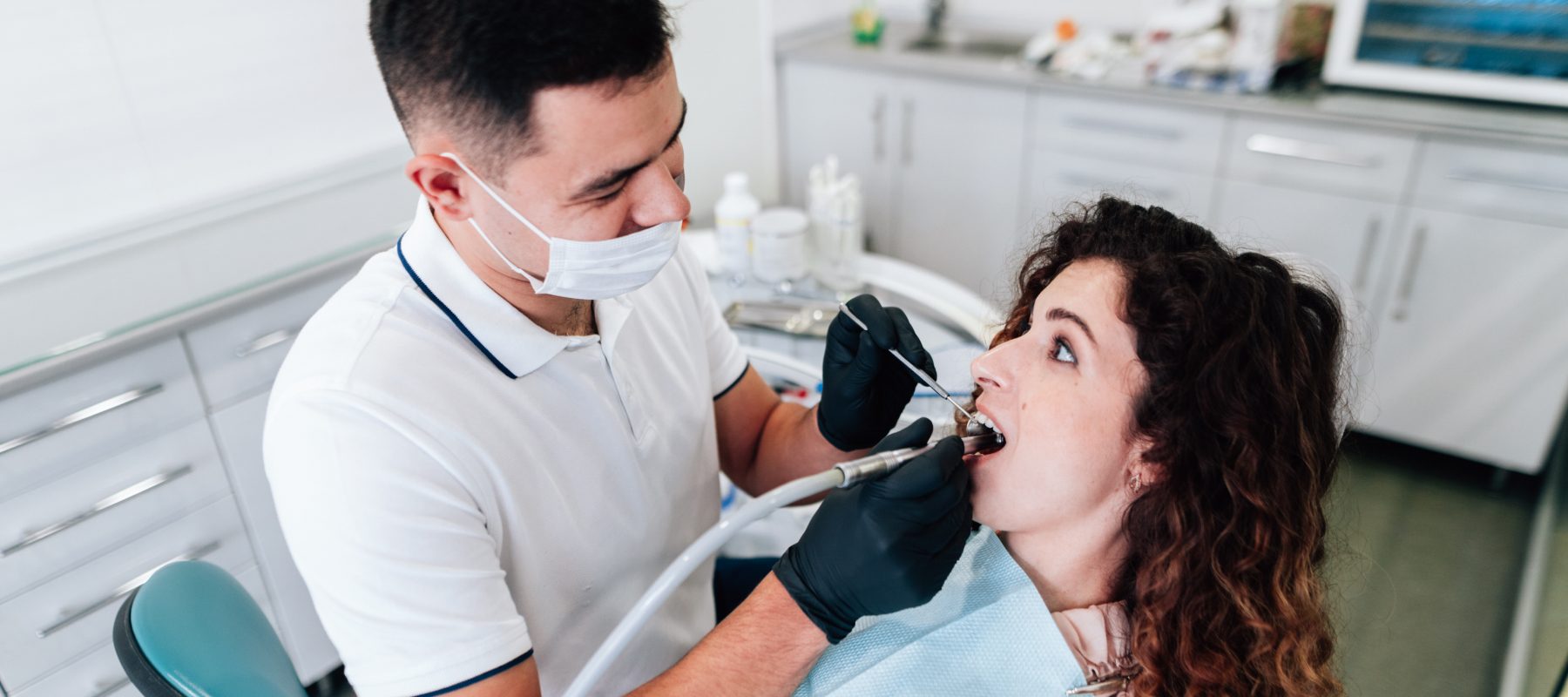Wisdom teeth, or adult teeth, grow after a certain age and appear in the last set of teeth. Usually, these wisdom teeth start developing between the ages of 18 and 27. Although “wisdom teeth” sounds interesting, they don’t add wisdom to your mind. Instead, wisdom teeth often cause intolerable discomfort and severe oral infections. And this is why your dentist frequently advises you to remove your wisdom teeth.

Although the wisdom teeth extracting process is quite similar to a regular teeth extraction process, it sometimes depends on the position and condition of your wisdom teeth. Sometimes, your dentist might have to perform a lengthy dental surgery to remove this stubborn wisdom tooth permanently. Also, you need to provide proper wisdom teeth removal aftercare to achieve a speedy recovery. This article offers a step-by-step guide for speeding up this post-surgery recovery process.
Step-by-step Guide for Wisdom Teeth Removal Aftercare
Listen to your dentist very carefully
Let’s start with the basic yet most significant aftercare rule. Your surgeon or dentist will help you recover from this post-extraction. They will write a set of instructions that you must follow adequately. From suggesting some wound healing methods to limiting strenuous activities, your dentist will insist you follow strict aftercare rules to achieve a speedy and healthy recovery.
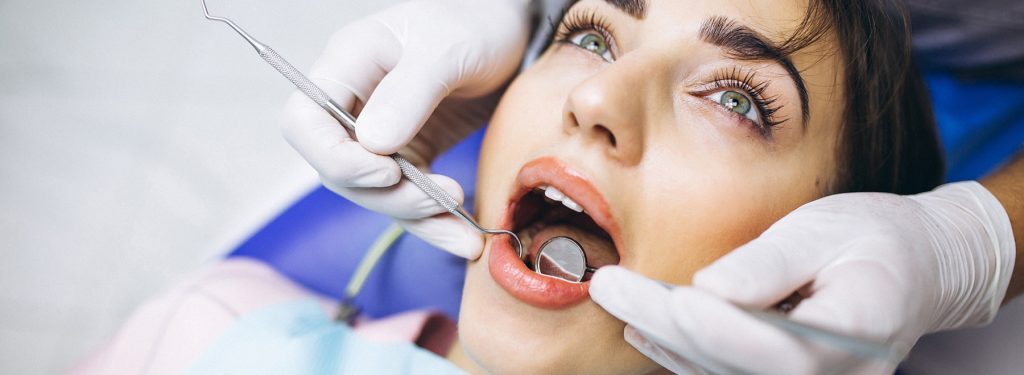
By listening to your dentist, you can successfully eliminate the risk of post-surgery inflammation. If you experience discomfort after tooth extraction, inform your dentist immediately. Your dentist will suggest the needed medicines and some dietary additions. Following your dentist’s instructions speeds up this recovery process and reduces discomfort and swelling.
Follow some pain-controlling methods
Excessive pain is one of the most common discomforts every patient experiences after this tooth removal process, especially a wisdom tooth. However, some effective painkiller medicines do wonders in controlling pain and swelling. Just make sure to check it once with your dentist.
Also, ask your dentist how many painkillers are allowed in a day. Let your dentist recommend the dosages. Applying some ice packs is another effective remedy to reduce pain intensity and provide instant relief. Apply the icepack and wait till 25 minutes. Such a wise act will numb the swallowed area and reduce the discomfort.
Put yourself in a liquid diet for one week
Eating solid foods right after this wisdom tooth removal process can worsen your condition and increase the risk of severe oral infections. Therefore, most dentists advise patients to consume liquid foods during this post-recovery phase. Opt for liquid foods like soups, strew, yogurt, soft pudding, milk, cottage cheese and smoothies. Avoid consuming spicy foods in this recovery period. Also, limit yourself from consuming acidic foods that might cause acidic reactions and lead to severe infections. You may need to follow this liquid diet for one week. Consult your dentist once before coming back to the routine.

Stay Hydrated throughout the day
Your dentist may or may not advise this. However, you must prioritize drinking plenty of water throughout the day. Drinking 7-8 glasses of water daily can speed up this healing process. Remember, hydration plays a non-negotiable role in your wisdom teeth removal aftercare journey. However, drinking water directly from a glass might be challenging. So here we advise you to use small cups. Consuming a healthy amount of water can help in healing the wounds and minimize the risk of severe inflammation.
Eat Cold Items for the next two days
The only fun thing about tooth extraction aftercare is that you satisfy your cravings for ice creams in the post-recovery phase. Eating cold items like cold milk, yogurt, and ice cream can foster healing and reduce swelling. Such food items can reduce pain and discomfort significantly. This is why most dentists allow their patients to eat ice cream right after a day of tooth extraction.
However, do not eat such cold foods if you have a sinus or common cold problem. Also, consult with your dentist once before eating such particular foods. If you experience shivering or weird sensations while eating these cold foods, stop eating them immediately and contact your dentist.
Take complete rest and engage in some relaxing activities
Wisdom teeth removal aftercare requires a lot of rest. Engaging in strenuous activities in this post-recovery phase can make your condition worsen and cause many complications, including bleeding. Therefore, you must offer your body enough rest during this aftercare phase. Do not walk much. Do not talk much. Instead, engage in relaxing activities like sleeping, meditating, listening to music, watching movies, and reading books. Such comfortable yet productive activities will give your body the needed rest while speeding up recovery.
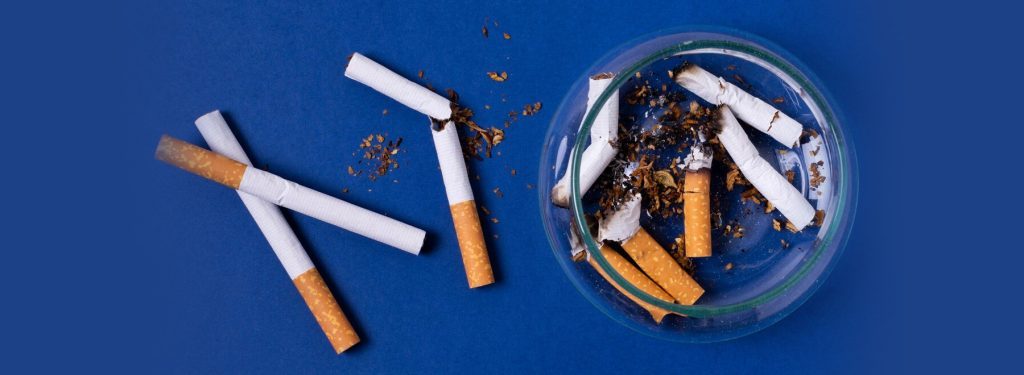
Be strict about Tobacco and Alcohol consumption
Smoking cigarettes in this post-surgery phase can worsen your condition. It can directly impact the healing process and cause severe oral infections. Alcohol consumption can affect the blood and increase bleeding. Therefore, one must avoid tobacco and alcohol consumption throughout this post-surgery phase.
Attend all the follow-up sessions
Your dentist’s responsibility doesn’t end with performing the surgery or extraction. Your dentist is responsible for your recovery, too. Make sure to attend all the follow-up sessions so your dentist can monitor your progress. Such post-surgery appointments allow your dentist to see whether there is any sign of infection. Also, removing the stitches comes under this aftercare process. You must get these stitches removed by a skilled dentist. Do not try to remove them on your own, as such desperations can trigger excessive bleeding. Instead of handling this alone, attend all the follow-up sessions to recover quickly.

Conclusion
Although wisdom tooth removal is a challenging procedure, with the proper aftercare routine, you can achieve a speedy recovery. In this post-surgery phase, remember to listen to your dentist’s advice, offer yourself enough rest, and take your medications on time. This recovery phase might teach you to be more patient and adopt healthy lifestyle habits. For any further queries, please reach out to your dentist.
If you need more health and wellness tips, follow World of Heal. For exciting guest posting opportunities, contact us at affiliates[@]prasarnet[.]com.

Rayan works closely with Eastpoint Digital, a reputed content marketing agency in California. He is dynamic in promoting and publishing blogs across various sites, focusing on generating quality backlinks to boost online visibility.



